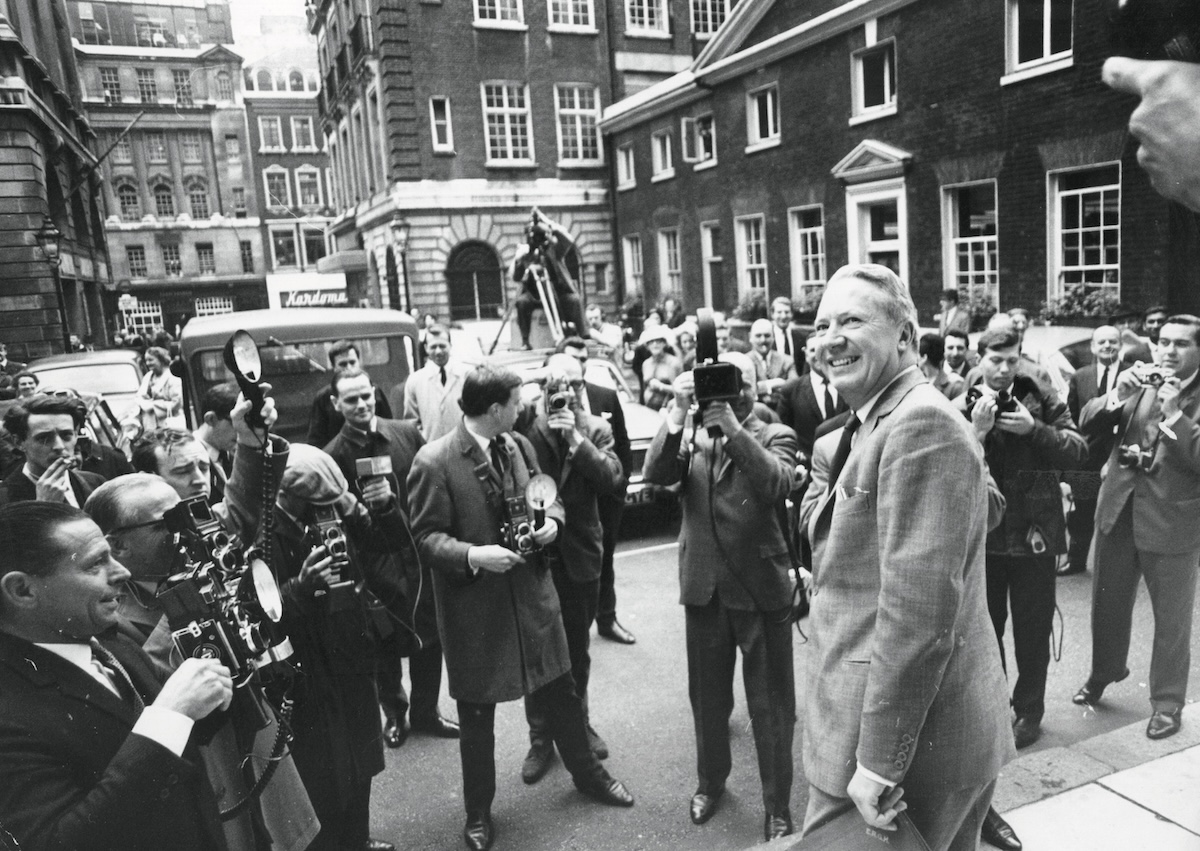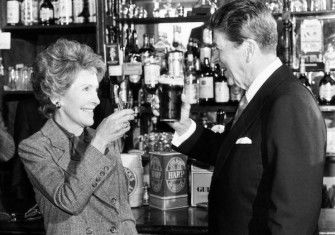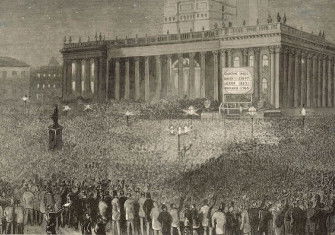The Conservative Party Popularity Contest
How the first Conservative leadership election modernised the party in the 1960s.

Conservative Party leadership elections have rarely been out of the headlines in recent years. Since David Cameron resigned in 2016 there have been five contests to decide who will lead the United Kingdom’s oldest and most successful political party. Yet for all the familiarity of Tory leadership battles, they are a surprisingly recent phenomenon.
Until the mid-1960s there was no mechanism for the party to choose its leaders. They were expected to ‘emerge’ via unknown and unknowable processes, usually involving party grandees and the monarch. Conservative leaders up until Alec Douglas-Home in 1963 were chosen this way. But the Tories’ traditional ways of working had begun to look out of date in an increasingly meritocratic Britain. After the Conservatives were defeated in the 1964 election, Douglas-Home commissioned a new set of leadership rules which put MPs in the driving seat. Over a series of ballots, MPs would vote for who they wanted to take the helm. Early the following year the rules were adopted and in July 1965, when Douglas-Home resigned as leader, the Conservative Party’s first ever leadership election began.







